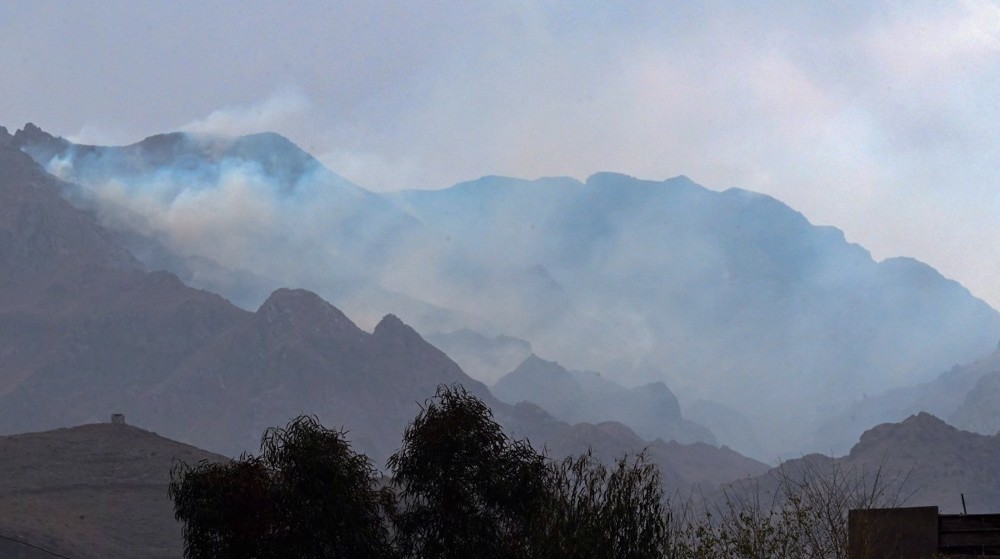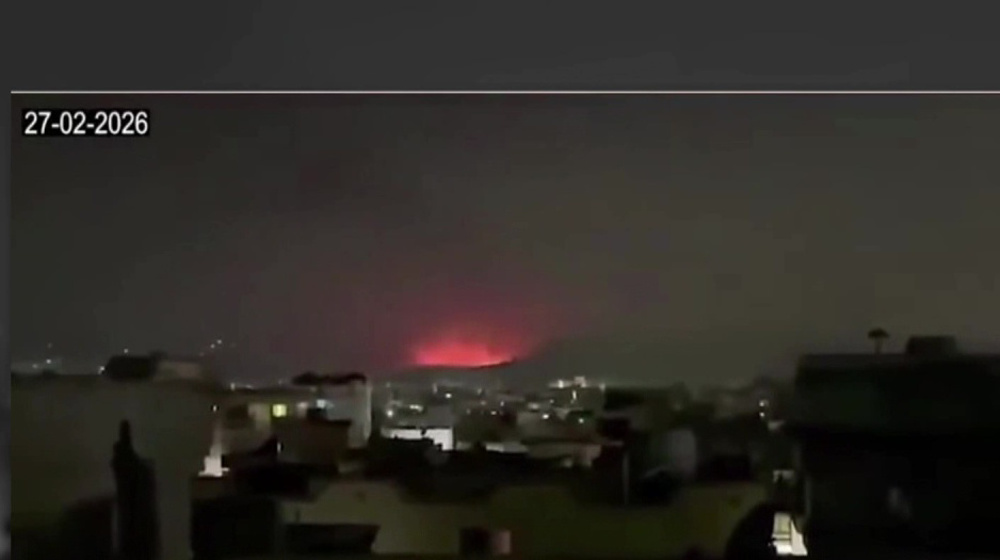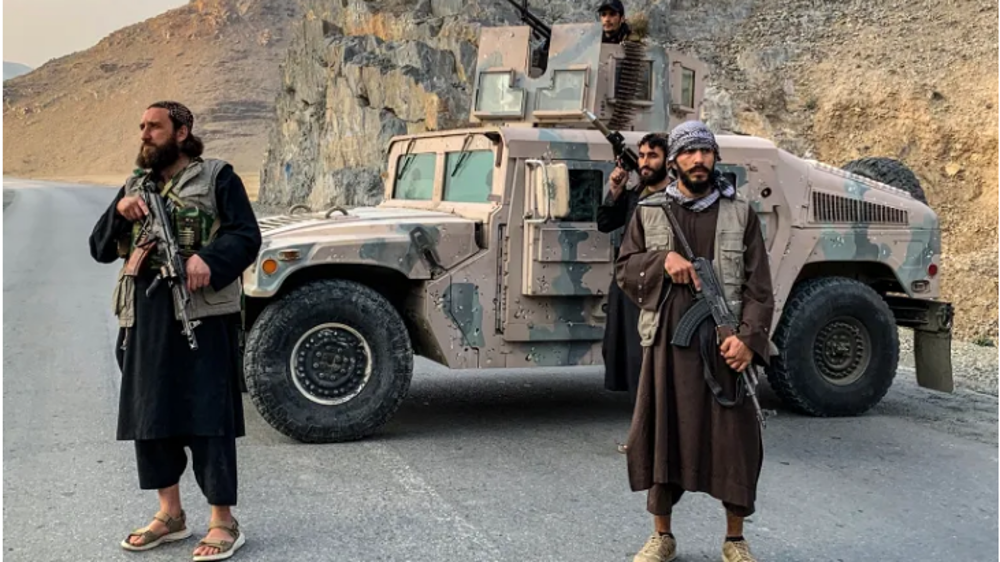At least 100 Afghan forces killed in battle with Taliban in Ghazni
Four days of fierce fighting between Afghan forces and Taliban militants over the embattled provincial capital of Ghazni have claimed the lives of about 100 policemen and soldiers, as well as at least 20 civilians.
"About 100 security forces have lost their lives and between 20 and 30 civilians have been killed," media outlets quoted Defense Minister Lieutenant General Tariq Shah Bahrami as saying during a press conference in the capital Kabul on Monday.
He added that the casualty figures were not yet definite and that the numbers might change.
He also said 194 militants, including 12 key commanders, were killed, among them some Pakistani, Chechen and Arab nationals.
Elsewhere in his remarks, the Afghan minister said about 1,000 additional troops have been sent to the key provincial capital and helped prevent the city from falling into Taliban hands.
President Ashraf Ghani also announced the decision in a tweet in the early hours of Monday, saying that “in order to consolidate operational gains, further reinforcements should be dispatched to the province [of the same name] on urgent basis.”
The multi-pronged assault on Ghazni, located barely 120 kilometers from Kabul, began on Friday, with militants infiltrating people’s homes and slipping out into the night to attack Afghan forces.
Both the government and the militants have claimed to be in control of the strategic city amid the continued intense fighting.
However, Lt Col Martin O’Donnell, the spokesman for US forces in Afghanistan, said the Afghan government was in control of Ghazni, adding that there was no threat of collapse from “isolated and disparate” Taliban forces in the city with Highway 1, the main route from Kabul, open.

Ghazni lies along the major Kabul-Kandahar highway, effectively serving as a gateway between Kabul and the militant strongholds in the south.
The attack on the strategic city has been the most serious challenge for the Kabul government since the Taliban came close to overrunning the western city of Farah in May.
The Taliban were ousted from power in 2001 following a US-led invasion.
The group has, however, been involved in widespread militancy, killing thousands of civilians as well as Afghan and US forces.
Bahraini police assaults crowds mourning loss of Ayatollah Khamenei
Iran posed no imminent threat to US: Pentagon tells Congress
Iran will hold no negotiations with US: Larijani
Despite Leader's martyrdom, Islamic Republic firmly in control and punishing the enemy
At least 31 killed in Israeli aggression on southern Lebanon after Hezbollah strikes
Iran writes to UN, warns about dire consequences for perpetrators following Leader's martyrdom
Hezbollah strikes occupied Haifa in retaliation for Leader's assassination
Ansarullah mourns Leader's martyrdom as 'great loss' caused by 'most wretched terrorists'










 This makes it easy to access the Press TV website
This makes it easy to access the Press TV website